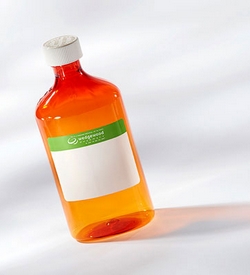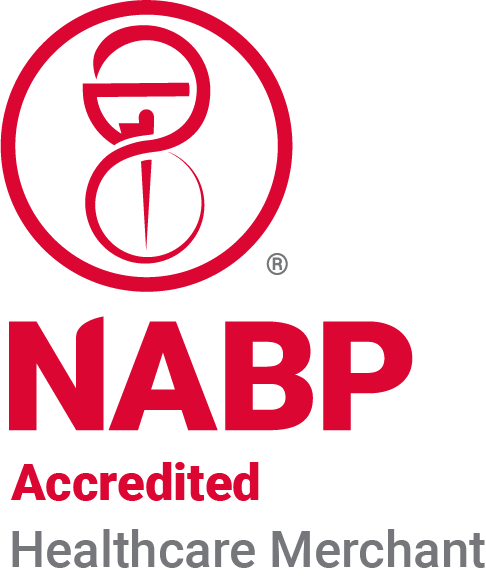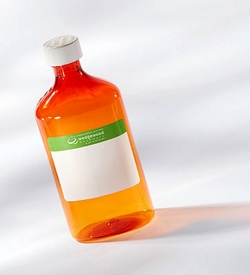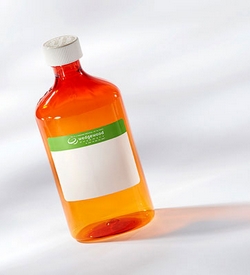Providing Quality & Trust || Clinic Website
Diltiazem Oral Solution Sugar Free
Wedgewood Pharmacy
Starting at $121.50
$121.50 Each
Detailed Description
Diltiazem Oral Solution Sugar Free

Diltiazem may be prescribed for
- SVT
- Hypertension
One of the dosage forms available for Diltiazem is Oral Solution. Wedgewood Pharmacy’s oral suspensions and solutions are a familiar and convenient dosage form. Oral suspensions and solutions can be administered directly into the mouth using a dosing syringe or mixed with a small amount of food. They offer a wide range of flavoring options, and flexible dosing adjustments.
18 strengths of Diltiazem Oral Solution are available, ranging from 3 mg/ml to 60 mg/ml.
Basic Information
Diltiazem is a calcium channel-blocker, which is used in veterinary medicine to treat hypertension and certain cardiac arrhythmias. This drug is approved in human medicine under the trade names Cardizem, Dilacor, or Tiazac. Diltiazem causes vasodilatation, decreases peripheral resistance, blood pressure, and cardiac afterload. Diltiazem also slows the sinus firing rate. At normal doses it is less likely to affect cardiac contractility than some other Ca channel blockers.
Diltiazem is rapidly absorbed following oral administration and is metabolized by the liver. Bioavailability is less in dogs than in cats and the levels reported in both species are less than those reported in humans. It may be given orally and intravenously.
Dogs and Cats
Diltiazem is used in dogs to treat hypertension and SVTs. It is frequently used with digoxin in the treatment or management of dogs with atrial fibrillation and congestive heart failure. Diltiazem is used both in emergency situations for stabilization, and longer term for management of arrhythmia.
Diltiazem is used in cats to treat supraventricular tachyarrhythmia, hypertension, and hypertrophic cardiomyopathy. It may reduce myocardial oxygen demand and prolong ventricular filling time. It is considered a good choice for heart-rate reduction in cats with atrial fibrillation.Although the treatment of pre-clinical hypertrophic cardiomyopathy is controversial, some clinicians use diltiazem in combination with other cardiac drugs in the asymptomatic cat.
Side Effects
- Dogs: Bradycardia is the most-common sideeffect.
- Cats: Vomiting is the most-frequent side-effect.
- Side effects seen in both species include vomiting, anorexia, lethargy, heart block or other arrhythmias, hypotension, central nervous system disturbances, and rashes.
Precautions
- Diltiazem should not be used in animals with severe hypotension, sick sinus syndrome, 2nd or 3rd degree heart block, myocardial infarction, or pulmonary congestion. It should be used with additional caution in animals in congestive heart failure and those in kidney or liver failure.
- Cats should not receive the sustained release human formulation due to an increased incidence in adverse side effects.
- Diltiazem should only be used during pregnancy or lactation when the benefits outweigh the risks.
Drug Interactions
- General anesthesia and beta blockers may increase the frequency and degree of cardiac side effects. Diltiazem is sometimes used with beta blockers, but there is an increased risk of bradycardia.
- Diltiazem may increase blood levels of the following drugs: benzodiazepines, buspirone, cyclosporine, and quinidine.
- Cimetidine and possibly other histamine H2 receptor antagonists may increase levels of diltiazem.
- Diltiazem levels may be decreased by rifampin.

Powered by nopCommerce
This site is running in live payment mode. Real payments will be processed.

